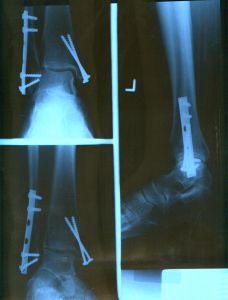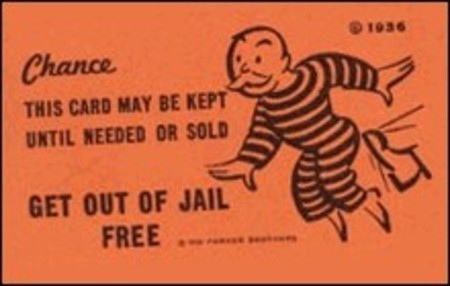 Job one of lawyers who represent individuals who have suffered personal injuries and/or property damage losses is to maximize the client’s recovery. The conventional thinking is that the recovery in every case is limited by the measure of actual damages, in other words, the recovery cannot exceed the loss.
Job one of lawyers who represent individuals who have suffered personal injuries and/or property damage losses is to maximize the client’s recovery. The conventional thinking is that the recovery in every case is limited by the measure of actual damages, in other words, the recovery cannot exceed the loss.
Surprisingly, this is a rule that can be broken … with a proviso.
In Despointes v. Florida Power Corporation, 2 So.3d 360 (2nd DCA 2008), a person who was paid $224,567.66 by her own insurance company, CIGNA, for fire damage, was able to pursue a claim for damages, through her estate, against a third party for the amount already recovered from the insurance company.
The device used for this opportunity was an assignment from CIGNA of its subrogation/reimbursement right.
The CIGNA policy provided for the right of subrogation against any third party recovery. This right authorized CIGNA to pursue a claim against the third party responsible for causing the house fire for the amount it paid to its insured. Instead of pursuing the claim, it assigned the right to its insured.
Thereafter, the insured sued the third party, Intermatic, alleging that the fire had been caused by a defective surge protector. The Defendant argued that the insured was not allowed to recover the money she had already received.
The trial court agreed. The Second District Court of Appeal did not.
Continue reading
 Florida Injury Attorney Blawg
Florida Injury Attorney Blawg









